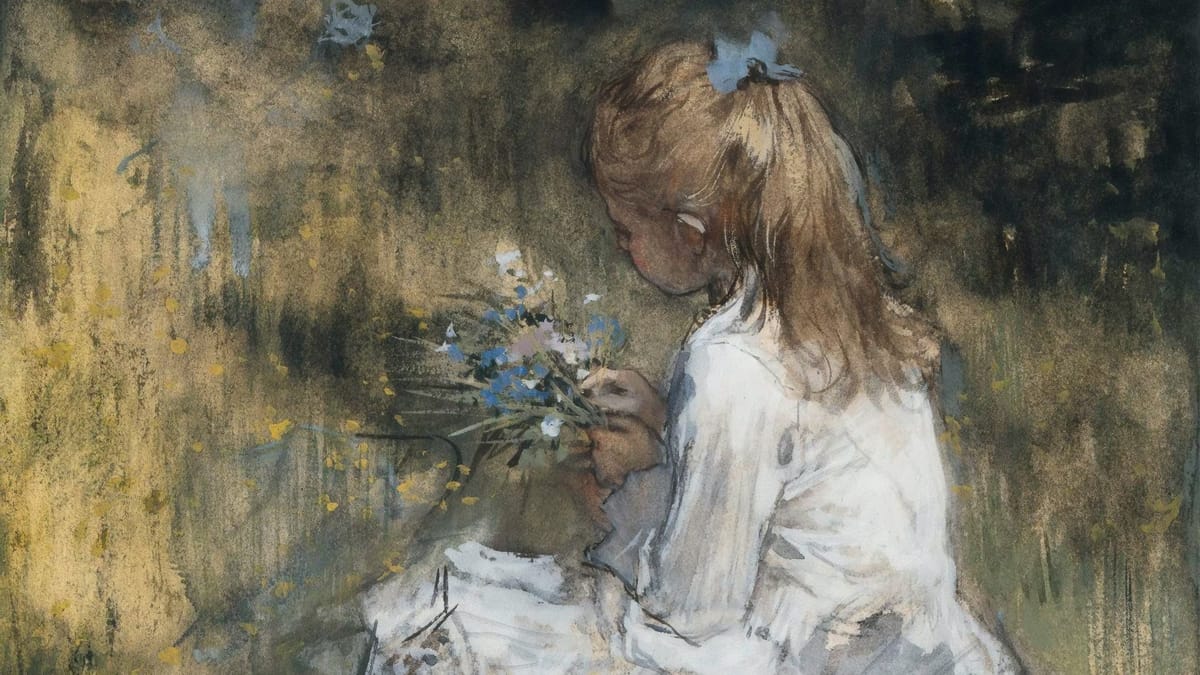Find Your "Meaningful" Problem — The Key To A Meaningful Life
When you look deep inside, you may be surprised to find that your unique traits and interests make you well-suited to tackle specific problems, allowing you to find meaning in life.

A South African boy was born in 1918 in the middle of apartheid domination. His name was Rolihlahla Mandela, later given Nelson as his first name. Yes, he is the famous Nelson Mandela that we know. Growing up, he witnessed the injustices of apartheid, a system of racial segregation and discrimination enforced by the South African government. Listening to the older generation's tales of his ancestors' bravery in the resistance wars, he also aspired to contribute to the fight for the freedom of his people. Mandela started studying for a Bachelor of Arts degree at the University College of Fort Hare but didn't finish it because he got kicked out for joining a student protest. Despite facing discrimination himself, Mandela believed in equality and justice for all people, regardless of their race. He became involved in the anti-apartheid movement and joined the African National Congress (ANC), a political organization that fought against apartheid.
In the 1950s and 1960s, Mandela led peaceful protests and campaigns against apartheid, but the government responded with violence and oppression. In 1962, Mandela was arrested and sentenced to life in prison for his activism. For the next 27 years, Mandela was imprisoned on Robben Island, a harsh and isolated prison. Despite the difficult conditions, Mandela remained determined and resilient. He continued to fight for the rights of black South Africans, and his spirit inspired others both inside and outside the prison walls. Finally, in 1990, at the age of 72, Mandela was released from prison after international pressure and negotiations with the South African government. He emerged as a symbol of hope and reconciliation, advocating for peace and democracy in South Africa.
In 1994, Mandela made history by becoming South Africa's first black president in the country's first democratic elections. He worked tirelessly to promote reconciliation between South Africa's racial groups and to dismantle the legacy of apartheid.
That's the life of Nelson Rolihlahla Mandela. It's easy to summarize his life: he fought for the apartheid government, racial segregation, and race discrimination. Do you agree that he had a meaningful life? I bet everyone agrees.
Back to us, inspired by Nelson Mandela's life, we can also have a meaningful life. Here is one way to make it meaningful and exciting: Find your "meaningful" problem and work on that (or fight for it).
Find your "meaningful" problem.
When we are aware enough, each of us is surrounded by many problems. Your financial problem, relationship problem, problem at work, problem at your business, problem with kids, problem with your body, problem with your food, problem with your environment, problem with your church, problem with your pets, problem with your time management, and so on.
The key question here is, which one is meaningful for you, which problem is worth your life? It doesn't have to be something big, but it definitely has to annoy you, to some degree it irritates you, and makes you decide to fight that problem.
I believe each of us, has our relevant problem, that may exist in our lifetime only. The problem may only seen by our own eyes, and uniquely and perfectly suited for us to solve. Something might be meaningful for you, but might be not for anybody else. We're unique. We are interested in things that have value for us.
John C. Maxwell fought for "leadership" issues. Most of his time is dedicated to helping people improve their "leadership". He is considered one of the most influential leadership experts in the world and has written numerous books on the subject. That's the meaning of his life.
Malala Yousafzai is a Pakistani girl who dedicated her life to fighting for girl's education. From an education activist in Pakistan to the youngest Nobel Peace Prize laureate — she continues her campaign through Malala Fund, a non-profit organization dedicated to advocating for girls' education around the world.
Mery Tanudjaja, a friend of mine, is a Surabaya woman who finds her passion in crafting beautiful headpieces for women. Crafting the perfect hair accessories for a woman on her special day can be a challenge, especially when she is seeking pieces that flawlessly complement her outfit. Mery took that challenge and worked on that. Since then, her craft is become a trend. You can check her work at monliesmade.
These people are known for the problems they fight for. And that gives meaning to their life.
It's not easy to pick on one. Many people find it after their 30s of age. Some find it after a long time of looking inside in contemplation. Some find it right away when they are young. Some find it after a moment of revelation. Some find it after being inspired by other people.
When you look deeper inside you, you'll be surprised that; you are the way you are because you've been prepared to solve or work on that particular issue/problem.
Take your time. Do your reflection. Be aware of things around you.
Be honest with yourself about the things, ideas, and problems that truly motivate you. Then pick a meaningful one for you to work on.
Your life will become meaningful when you see other people get affected by your work. People benefit from your work, impacted by your work on that particular issue. Maybe it starts with your nearest, your family. They'll start to remember your name. They start noticing your work. You've made the world a better place.
That's where your life brings values, becomes meaningful, and makes it worth living.
So remember it always, one way to live a meaningful life, is to discover your meaningful problem and work on it.
Which problem is worth your life? —